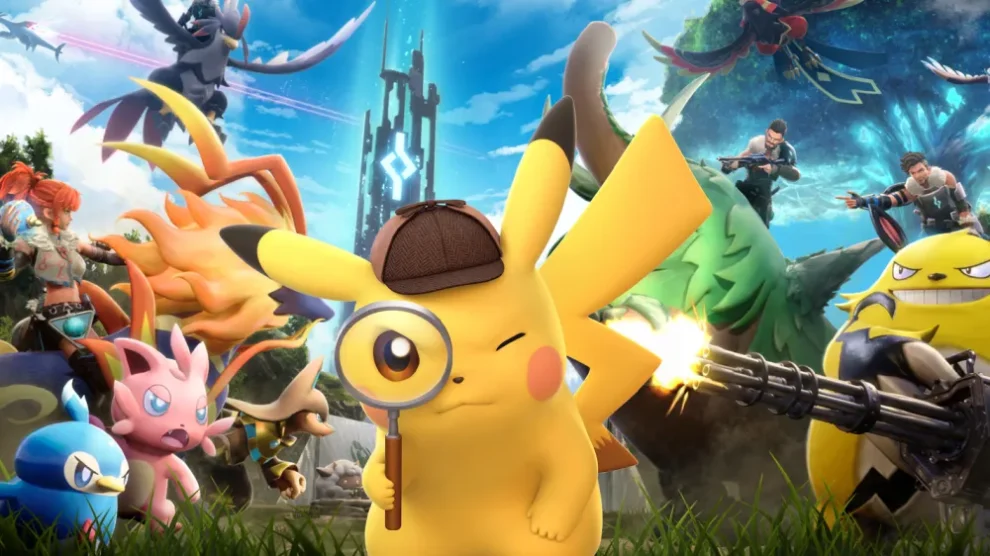Nintendo and The Pokémon Company have launched a legal offensive against Palworld creator Pocketpair, citing patent infringement. The lawsuit, which has sent shockwaves through the gaming industry, appears to center on a recently filed patent related to the iconic Pokéball-throwing mechanic.
The Palworld vs. Pokémon Legal Showdown Begins
On a crisp February morning, the bustling halls of Nintendo’s headquarters in Kyoto, Japan, were abuzz with activity as news of the lawsuit spread. The gaming giant confirmed it was suing Pocketpair for infringing on “multiple” patents, though specifics remained elusive. Pocketpair, caught off guard, stated they were still awaiting details on the alleged infringements.
The Pokéball Patent
As speculation mounted, Japanese patent attorney Kiyoshi Kurihara shed light on a potential linchpin in Nintendo’s case. Speaking to Yahoo Japan, Kurihara pointed to a patent jointly filed by Nintendo and The Pokémon Company in the summer of 2024.
“This could be a killer patent,” Kurihara explained, his voice tinged with a mix of admiration and concern. It seems like it would be hard to avoid if you want to make a Pokémon-like game, and it’s easy to infringe if you’re not careful.
The patent in question describes a mechanic strikingly similar to Palworld’s core gameplay:
1. A character aims and throws a capture item at a creature.
2. Upon successful capture, the creature becomes owned by the player.
Palworld’s Pal Sphere system mirrors this mechanic almost exactly, potentially putting Pocketpair in hot water.
Interestingly, Nintendo and The Pokémon Company requested an accelerated review process for this patent, suggesting they may have been preparing for legal action. The patent builds upon a “parent” patent filed in December 2021, predating Palworld’s launch and potentially strengthening Nintendo’s case.
The lawsuit has ignited a fierce debate within the gaming community. While some defend Nintendo’s right to protect its intellectual property, others worry about the implications for indie developers and innovation in the industry.
This could set a dangerous precedent,” warns Sarah Chen, an indie game developer attending a local game jam in Tokyo. “Where do we draw the line between inspiration and infringement?”
Uncertainty Looms for Palworld’s Future
As Palworld’s creators await the full details of the lawsuit, fans worry about the game’s fate. Could this legal battle see Palworld removed from sale in Japan or even worldwide?
Lisa Phillips, an IP and patent attorney with Fisch Sigler LLP in Washington DC, offers some reassurance: “The reach of Japanese patent law ends at Japan’s borders. Which means there won’t be any immediate impact of a decision in that court on Palworld’s US operations.”
However, she cautions, “Of course, Nintendo, which has substantial intellectual property rights in the US could also bring suit against Palworld here, too.”
Despite the uncertainty, Pocketpair isn’t backing down. The company has vowed to fight the lawsuit, positioning itself as a champion for creativity and indie developers everywhere.
We will not let this stifle innovation in the gaming industry,” declared Takuro Mizobe, CEO of Pocketpair, in a passionate statement from the company’s Tokyo office. “We believe in the power of inspiration and the right to create new experiences for players.”
As both sides prepare for what could be a lengthy legal battle, the gaming world watches with bated breath. The outcome of this case could have far-reaching implications for game design, intellectual property law, and the future of monster-catching games.
For now, Palworld continues to captivate millions of players worldwide, its future hanging in the balance of this high-stakes legal showdown.
















Add Comment